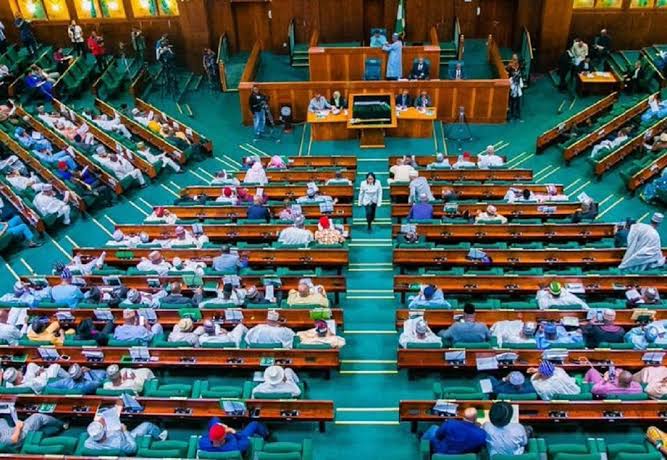The Joint Committee of the House of Representatives has launched an investigation into the rising prices of cement in Nigeria, demanding that major producers, Dangote Cement Company and Lafarge Africa PLC, provide detailed documentation on their production costs.

At a public hearing in Abuja, Rep. Jonathan Gaza (APC-Nasarawa), the committee’s chairman, called for transparency from the companies regarding their production costs from 2020 to the present.
He stated that the committee plans to visit the production plants to verify the cost structures and determine a fair market price for cement, which currently exceeds N10,000 in many parts of the country.
 Advertorial
Advertorial
Gaza requested the companies to disclose their average daily consumption of materials such as coal, gas, gypsum, limestone, clay, and laterite, along with their daily cement production rates.
He also asked for details of all imported and local components used in cement production, their prices in both naira and dollars, and a summary of monthly cement production and pricing from 2019 to date.
Additionally, the companies were asked to provide their audited accounts, customs duties paid, tax waivers, and other incentives received.
 Advertorial
Advertorial
Rep. Dabo Ismail (APC-Bauchi State), a committee member, highlighted the significant profits made by Dangote Cement Company despite sourcing most raw materials locally.
He noted that the company declared profits of N524 billion in 2022, N553 billion in 2023, and N166.4 billion so far in 2024.
Ismail questioned why cement prices continued to rise while producers were making substantial profits.
In response, Dangote Cement Company’s Group Managing Director, Mr. Arvind Pathack, explained that 95% of their production costs are linked to imports or foreign exchange.

He cited a 100% to 333% increase in the prices of major input materials, including gas, AGO, gypsum, imported coal, spare parts, new trucks, tyres, and petrol.
Pathack pointed out that the company faces challenges such as paying for gas and explosives in dollars, inadequate forex provisions from the Central Bank of Nigeria (CBN), logistics issues due to poor road conditions, and high delivery costs.
Pathack also mentioned that the company incurs significant forex losses, approximately N150 billion annually, due to insufficient forex for trade obligations and high-interest rates on loans.
 Advertorial
Advertorial
He added that the naira’s devaluation by over 220% between May 2023 and June 2024, along with other issues like insecurity and unreliable public power supply, have exacerbated their costs.
Despite these challenges, Pathack asserted that the current factory price of cement is around N7,200, attributing higher market prices to retailers beyond the company’s control.
The committee urged the companies to reassess their policies and operations to help reduce cement prices in Nigeria.

The Chairman, Gaza criticized the Federal Competition and Consumer Protection Commission (FCCPC) for its inaction, blaming the high prices on middlemen exploiting the market.
He expressed hope that the committee’s engagement with the cement producers would result in lower prices for consumers.
“We are extremely hopeful that this engagement will lead to a reduction in the price of cement. FCCPC has slept on their functions so far; their inactivity and non-responsiveness to price is what has put Nigeria where we are today,” Gaza stated.

















